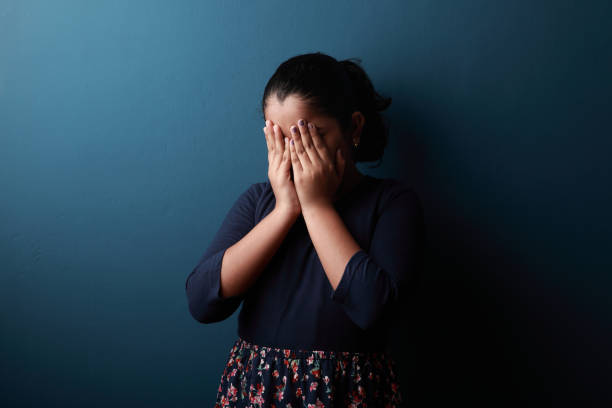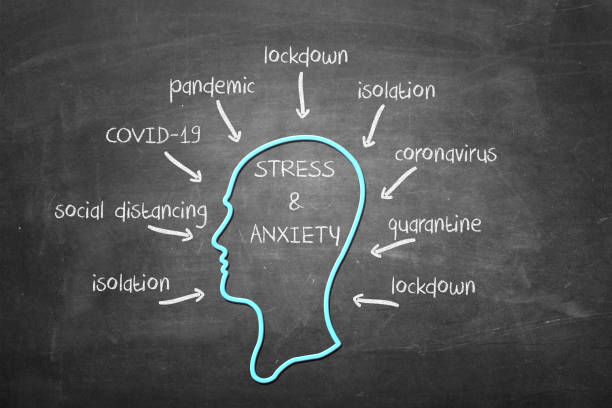Although men and women experience depression differently, the core symptoms are the same. These include profound sadness, worthless or guilty feelings, low energy and a lack of interest in nearly all activities.
Some of these symptoms may appear more clearly in men, for example, in anger and aggression. This may explain why men appear to have higher rates of depression than expected, as discussed in detail on the Health Soothe website.
Stress
Stress can trigger depression, and some people with the illness report that they experience depression more often after a major life event such as a job loss or the death of a loved one. But the disorder can also develop for less obvious reasons, such as chronic illness or poor relationships. People who have a family history of depression are more likely to have episodes, and people with mental health disorders like anxiety or bipolar disorder are more at risk for depression as well.
A person with depression may have several symptoms every day, including low mood, a persistent negative outlook, or feelings of worthlessness or guilt, and difficulty concentrating, sleeping, or making decisions. A depressed person may also think about suicide or self-harm, although these thoughts are usually fleeting. Depression can cause physical symptoms, such as a tense chest, constant headaches, or digestive problems. Several symptoms are needed to have a diagnosis of depression, but people who have just a few symptoms can benefit from treatment.
Some men may avoid getting help for depression because they believe it’s “not manly” to talk about their emotions, and others may find it difficult to recognize the signs of depression in themselves. But a primary care provider—for example, a general practitioner, internist, family medicine doctor, or obstetrician/gynecologist—can evaluate your symptoms and refer you to a mental health professional for further evaluation and treatment, if necessary.

Family
Depression can cause people to feel angry, restless and distant from those close to them. This can lead to problems in relationships and can even lead to isolation. Men who are depressed often don’t seek help for the condition because they believe that it isn’t manly to express these feelings. This can lead to them not noticing the signs of depression or interpreting them as something else.
It can also be difficult for them to talk about their feelings with family and friends or to a mental health professional. They may downplay their symptoms or try to cope with them by drinking alcohol or taking drugs, which can worsen the depression. In some cases, they may be at risk of self-harm.
Some people may be at higher risk of developing depression because of a family history of the condition or because of genetics. Personality factors, such as being easily overwhelmed by stress or being a pessimist, can also play a role in depression.
If someone you know has depression, you can encourage them to get treatment. Depression is a treatable illness, and it can improve with medication or psychotherapy. It is important to remember that, just as a broken leg can be treated with surgery and physical therapy, depression can also be treated with these treatments. Untreated, depression can cause serious problems in work, family and relationships.
Personality
Whether men or women, depression can be difficult to recognise. People may feel they don’t have the right to be sad or emotional, or they might ignore or downplay their symptoms in an attempt to overcome them. However, ignoring depression isn’t healthy for anyone. Depression is a mental illness that requires the help of a professional to treat.
In some cases, depression isn’t immediately recognised as being a mental health issue because it presents itself with physical symptoms like headaches, digestive problems and fatigue. Men with these symptoms may seek medical attention, but often they’ll be treated for a physical problem rather than for depression. This could lead to a delay in diagnosis and treatment and make the condition worse.
While researchers are still determining the causes of depression, they know that certain factors increase the risk of getting it. These include a family history of depression, a genetic predisposition to it and a history of drug or alcohol use. It’s also common for depression to occur after a traumatic event or major change in life circumstances, such as the birth of a child or a relationship breakdown.
Some people may experience depression more than once in their lives, and it’s important to get help when you need it. Depression can interfere with daily activities, stifle relationships and, in severe cases, may even lead to suicide.

